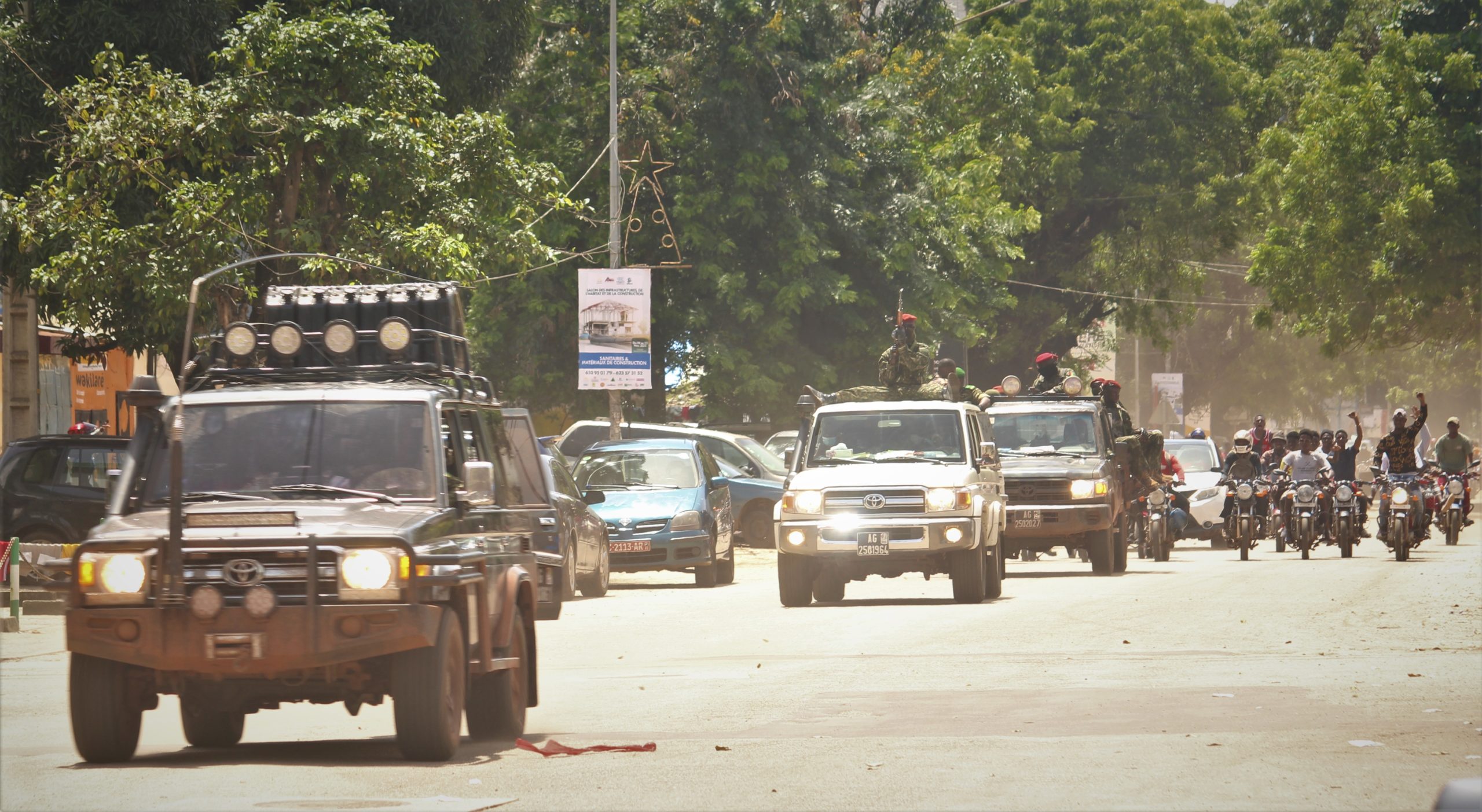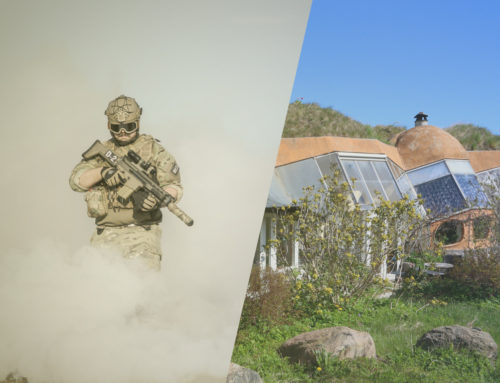By: David O. Monda
Three different types of coups have occurred in Guinea, Mali, and Chad, and they are worth identifying. These are opportunistic, oligarchic, and sultanistic coups. Opportunistic in the case of Guinea, oligarchic in the case of Mali, and sultanistic in the case of Chad. All of the coups were staged as military takeovers of civilian government, but in different contexts.
The junta in Guinea was opportunistic. The threat to president Alpha Conde did not come from a foreign country, or the Guinean opposition. It came because the opportunity presented itself to Colonel Doumbouya. The head of the Guinean Army’s Special Forces Group took the initiative to strike quickly and decisively to remove an unpopular president from power. The suddenness of the opportunity left Colonel Mamady Doumbouya and his junta clueless as to what to do next. No transition plan to civilian rule had been made, nor any plan of when the military would leave. Opportunism is central to understanding the coup in Guinea.
Mali on the other hand presented a very different kettle of fish. Unlike Guinea, Mali is landlocked. Like Chad, Mali is struggling with a jihadist insurgency in the north of the country. In this environment, an oligarchy of military elite, led by Vice President Assimi Goita, took over the government. Unlike Colonel Mamady Doumbouya in Guinea, Goita was part of the civilian executive arm of government. Despite being the Vice President, Goita was indeed the real power behind the throne. His coup was well-choreographed. Goita patiently waited for the right moment to take over the presidency by force and struck decisively.
Chad encapsulates a third type of coup d’état: the sultanistic kind. The sultanistic type of coup seeks to use the military as a conduit to transfer power through bloodlines. In the Chadian case this meant a line from father to son. A family dynasty was being maintained and perpetuated when Idris Deby’s son, Idris Deby Itno, took power from his late father.
How has the African Union reacted to these three coups? The African Union Peace and Security Council (AUPSC), which responds to events like coups, rejected the coups in Mali and Guinea, but was more conciliatory to the coup in Chad. In the last case, the coup was tolerated by the AUPSC. This is because of the unique strategic position of Chad in the sub-region. The fear in the AUPSC was that there was a chance of state implosion. This would bolster the threat of jihadist groups from the Sahel who could easily overrun the capitol, N’djamena.
The AUPSC’s mixed messaging in relation to the three coups is problematic. Presenting a conciliatory tone to the Chadian coup, but a belligerent one to the coups in Guinea and Mali, sends mixed messages.
The AUPSC needs to do more to dissuade incumbents like Alpha Conde in Guinea from changing the constitution to keep themselves in power. Such actions indirectly lead the opponents of regimes like Conde’s to use the military to replace unpopular regimes. The AUPSC should invest more in developing robust institutions in Africa.
Zambia is a nation that shows the importance of robust institutions. The former president Edgar Lungu was able to extend his term, but the robustness of the institutions in that country have it made so that he could not rig himself into another term or extend his stay in office. In Ghana, another good example, the strength of the nation’s electoral infrastructure, ensured a free and fair election and a peaceful handover of power to the opposition. The AUPSC should decry self-serving changes to African constitutions that look to keep authoritarians in power.
In the West African sub region, coups are not necessary but become inevitable when authoritarians entrench the rule by law rather than the rule of law. African Constitutions need an infusion of constitutionalism to respect not only the letter, but the spirit of the law. This is the only way the African Union can prevent different types of coups proliferating on the continent.
David O. Monda is professor of Political Science, International Relations, and American Government at the City University of New York (York College). dmonda1@york.cuny.edu @dmonda1
Image: Parade des militaire dans les rue de Kaloum après le Coup d’état 2021 en Guinée via Wikimedia (CC BY-SA 2.0)










Can you identify any challenges or criticisms faced by the African Union in handling these coup situations, and how did they address or overcome them?